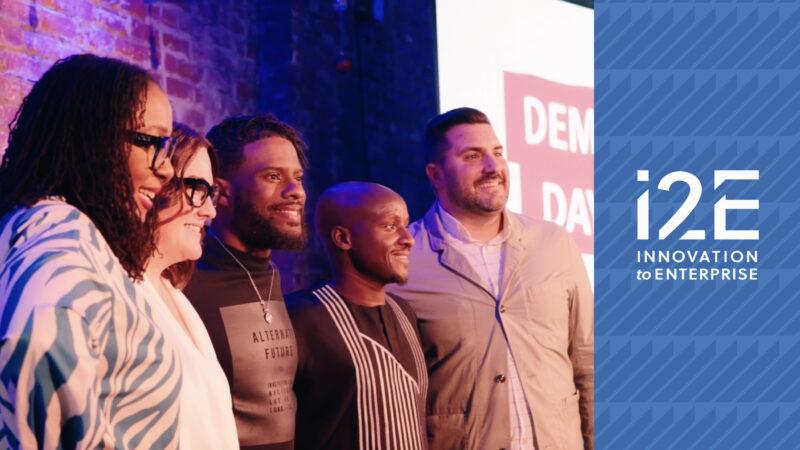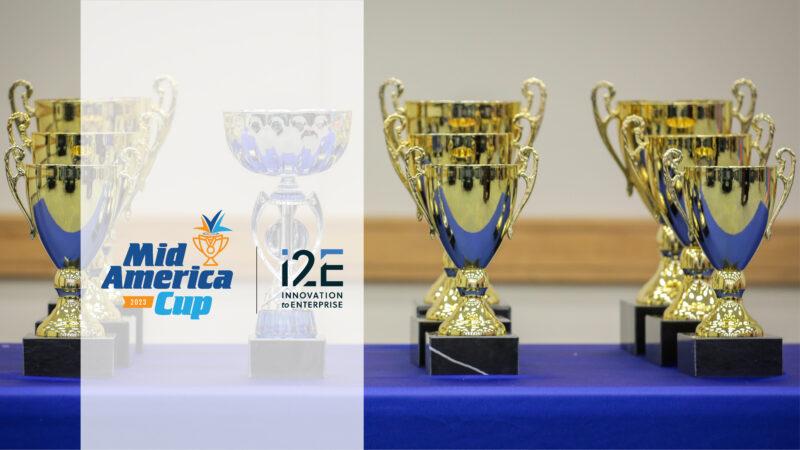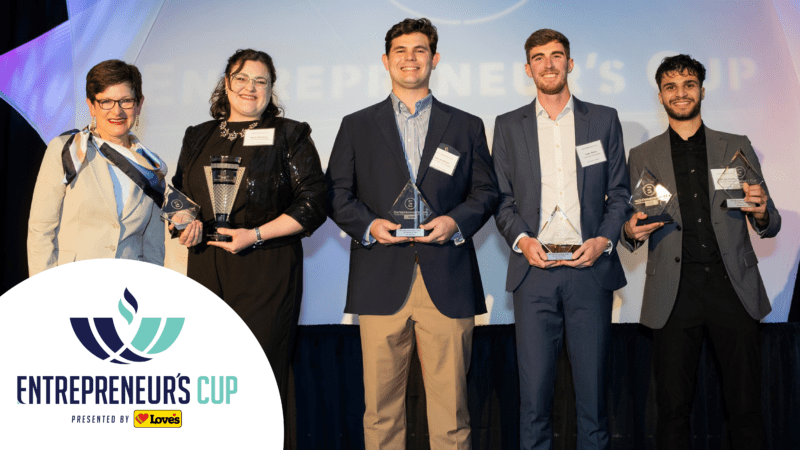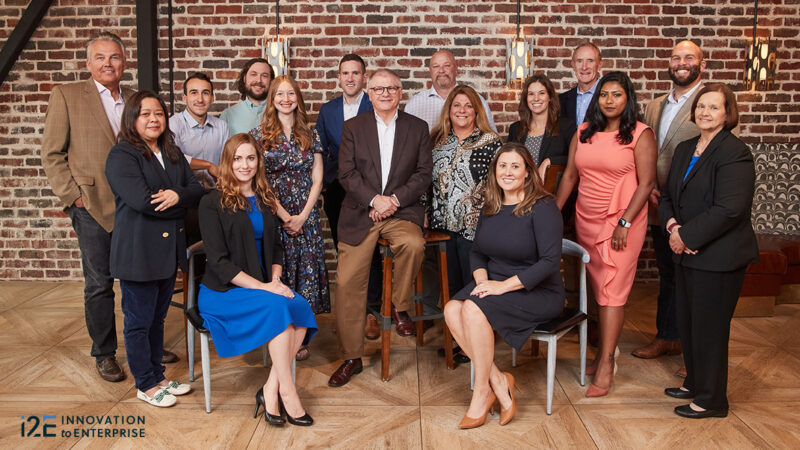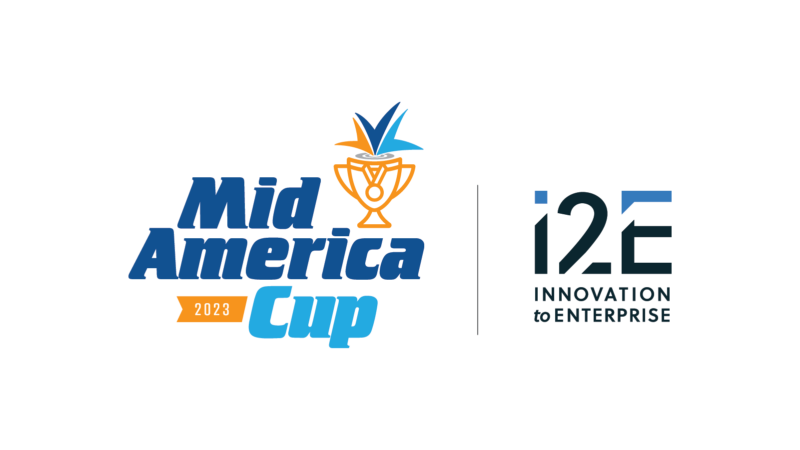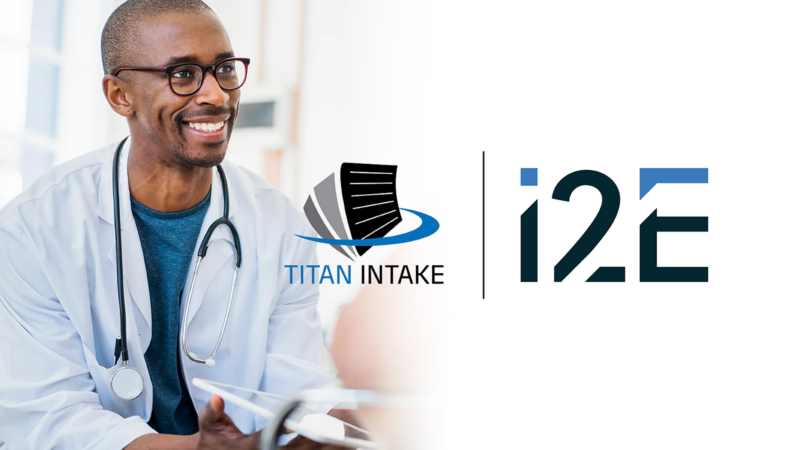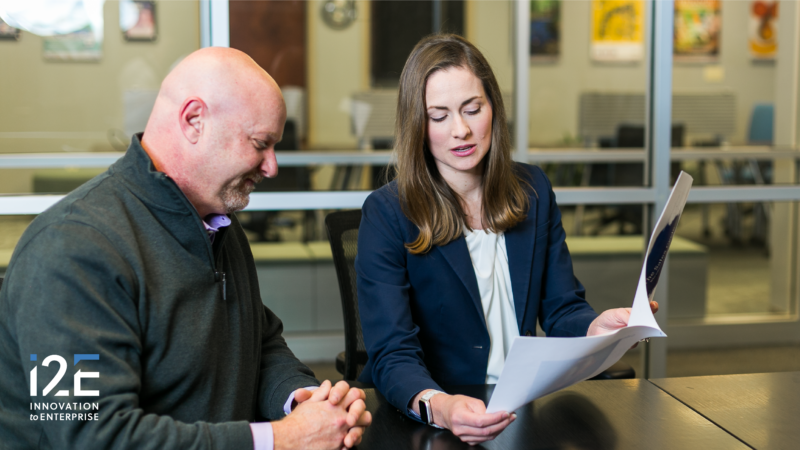By Scott Meacham
Copyright © 2013, The Oklahoma Publishing Company
One of the reasons the innovation economy is such a kick-starter for jobs is that new companies in new industries lead to more new companies to support the new industries.
It’s a food chain, like when striking oil created a need for local companies to manufacture drill bits and casing pipe.
A perfect example of this effect is Drik LLC (www.atdrik.com), Oklahoma’s first toxicology lab. Drik brings toxicology safety testing directly to our state’s pharmaceutical and biotechnology industries.
With the growth of Oklahoma’s biotechnology sector, the need for toxicology testing for new drugs has grown accordingly. Toxicology testing is critically important to researchers, scientists and companies who are working to develop new drugs. Safety is paramount.
Long before new solutions can even approach coming market, they must be thoroughly tested for possible adverse effects on people and the environment. Food and Drug Administration requirements are stringent and specific.
Another important reason for extensive toxicology testing is that companies often have multiple drugs for a given disease under development. The earlier and more effectively they can determine which drug has the most potential to overcome toxic effects, the better firms can prioritize their research and resources to deliver treatments for disease.
The benefits that Drik brings to Oklahoma as its first toxicology lab are twofold. The firm offers slice culture testing, a significantly superior technique than cell culture testing that many toxicology labs perform.
“There are over 100,000 regulated chemicals available in the market, and the full toxic effects are known for less than 10 percent,” said Kumar Sripathirathan, Ph.D., Drik founder and CEO.
“Slice cultures give a more true picture of what is actually happening with the drug,” he said. “Additionally, they remain viable for over a month while cell cultures lose their characteristics after several days.”
Drik’s second great benefit is one of proximity. It takes extra time and money for an Oklahoma company to investigate and audit a toxicology facility outside our borders — not to mention the challenges of building strong business partnerships with people who are hundreds or even thousands of miles away.
Having Drik on the ground in Oklahoma will speed the process and create immediate synergy. The firm has identified many companies, foundations and universities within a 500-mile radius that are likely candidates for toxicology services. It is good to finally have an Oklahoma toxicology lab available for our growing bioscience sector.
Scott Meacham is president and CEO of i2E Inc., a nonprofit corporation that mentors many of the state’s technology-based startup companies. i2E receives state appropriations from the Oklahoma Center for the Advancement of Science and Technology. Contact Meacham at [email protected].
DID YOU KNOW? U.S. regulators approved 39 new drugs in 2013, the most since 1996 when 53 so-called new molecular entities were approved. SOURCE: Reuters

